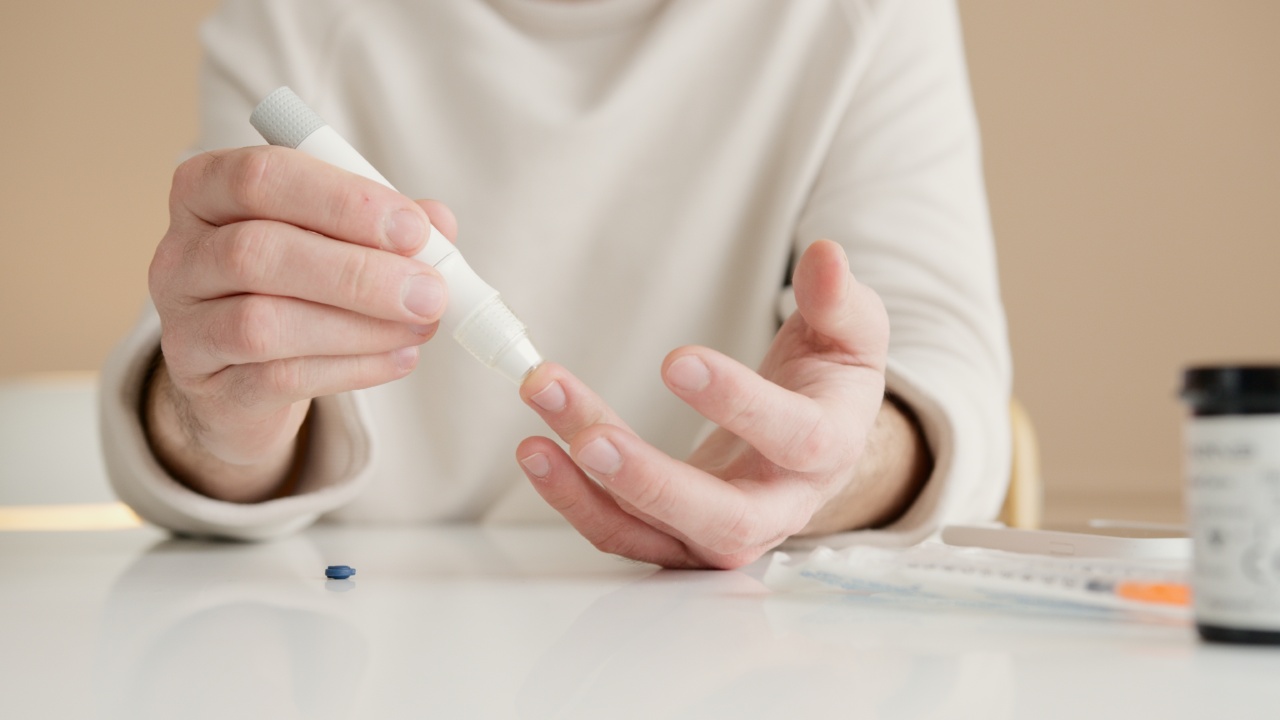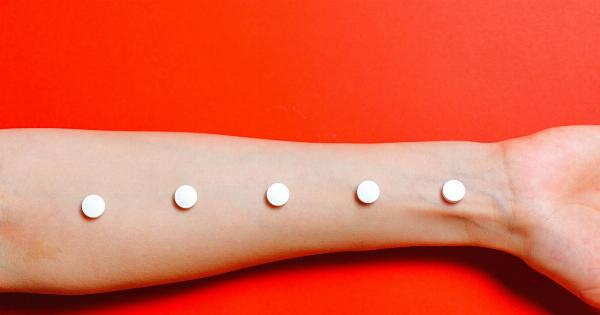Itching is a common symptom of many skin conditions, but chronic itching can be a sign of underlying health issues. In this article, we will discuss conditions that can cause chronic itching and their management.
1. Kidney disease
Chronic kidney disease can cause itching, especially in the late stages. The exact cause of itching in kidney disease is unknown, but it is believed to be due to the build-up of waste products in the blood.
Treatment of itching in kidney disease involves managing the underlying condition and addressing the itch with antihistamines and topical creams.
2. Liver disease
Liver disease can also cause itching, particularly in cirrhosis patients. Itching in liver disease is thought to be a side effect of cholestasis, a condition in which bile is not properly eliminated from the body.
Treatment of itching in liver disease includes managing the underlying condition, using medications to reduce bile acids in the blood, and topical agents to relieve the itch.
3. Cancer
Itch is a common symptom of many cancers, particularly lymphoma, leukemia, and multiple myeloma. The exact mechanism of itch in cancer is unknown, but it is thought to be due to the release of cytokines.
Treatment of itch in cancer involves managing the underlying cancer and addressing the symptom with topical creams and antihistamines.
4. Neuropathic conditions
Itch can also be a symptom of neuropathic conditions such as neuropathy and trigeminal neuralgia. In these conditions, itch is thought to be due to hyperactivity of the itch-sensing nerve fibers.
Treatment of itch in neuropathic conditions includes addressing the underlying condition and using medications to suppress nerve activity.
5. Psychiatric conditions
Itch can be a symptom of psychiatric conditions such as depression and anxiety. In these conditions, itch is thought to be due to altered pain perception and psychological distress.
Treatment of itch in psychiatric conditions involves addressing the underlying mental health disorder and using both pharmacological and behavioral treatments to manage the itch.
6. Hormonal imbalances
Chronic itch may also be associated with hormonal imbalances. Women in menopause commonly experience itch due to hormonal fluctuations.
Treatment of itch in hormonal imbalances involves addressing the underlying hormonal issue and using moisturizers and antihistamines to relieve the itch.
7. Medications
Chronic itch may be a side effect of certain medications such as opioids, antibiotics, and antifungal drugs. Treatment of itch due to medications involves either switching to a different medication or reducing the dosage.
8. Dry skin
Dry skin is a common cause of itching and can be managed with moisturizers. When dry skin is severe, it can lead to a condition called eczema or atopic dermatitis. These conditions require topical steroids and immunomodulators for relief of itch.
9. Allergic reactions
Allergic reactions can cause itching, hives, and swelling. Treatment of itching due to allergic reactions involves removing the offending allergen and using antihistamines and steroids.
10. Iron deficiency
Iron deficiency can cause chronic itching, particularly in women. Treatment of itching due to iron deficiency involves iron supplementation.
Chronic itching can be caused by a variety of conditions that reach beyond skin diseases. Treatment of itching depends on the underlying issue, and it is important to manage the underlying condition rather than just addressing the symptom.





























